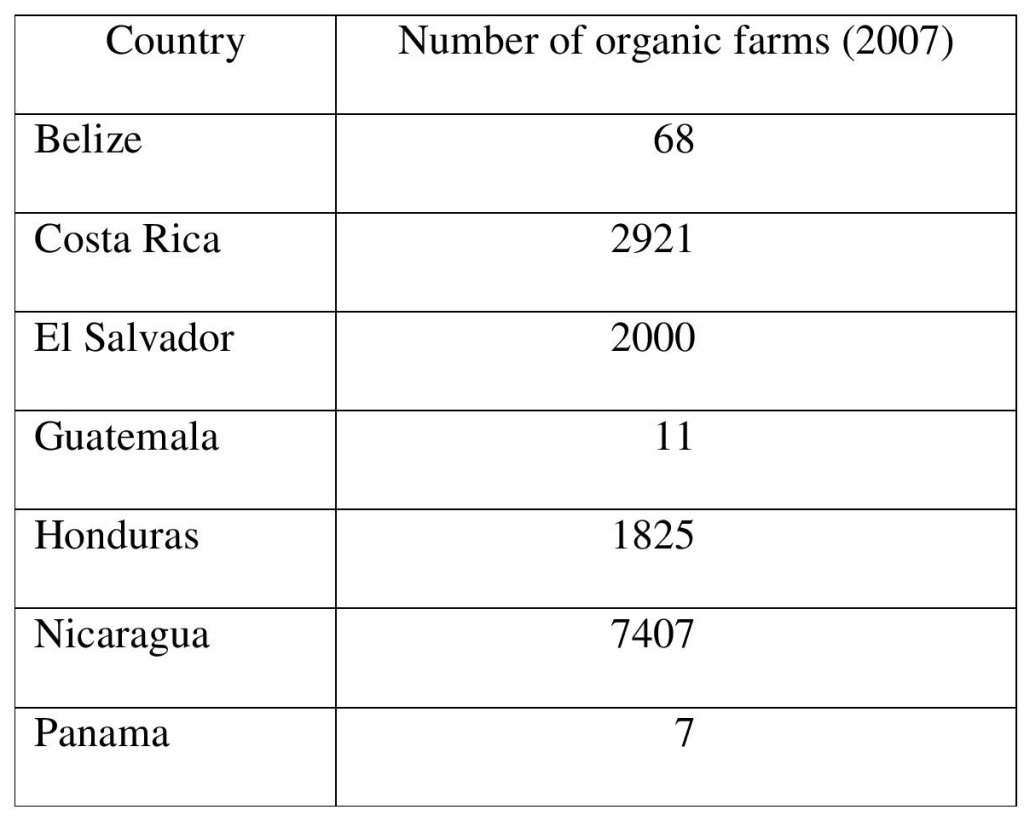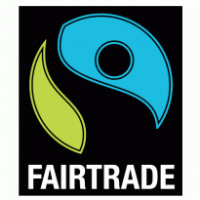By Pablo Rojas in www.crhoy.com and sent to ENCA by Didier Leitón Valverde, General Secretary of SITRAP, the Union of Plantation Agriculture Workers in Costa Rica. The original report on which the article is based can be found at: http://ehp.niehs.nih.gov/wp-content/uploads/advpub/2014/9/ehp.1307679.pdf
(Translated by Martin Mowforth)
Key words: pesticides; pregnancy; banana plantations; aerial fumigation.
A study published in the international journal ‘Environmental Health Perspectives’ warns of the risk to pregnant Costa Rican women who live near plantations where certain pesticides are frequently used.
The pesticide mancozeb is used to treat banana plantations. According to the report, the pregnant women who were examined in the analysis record a significant amount of etilentiourea (ETU) in their urine. This is a component of the mancozeb pesticide.
“From March 2010 to June 2011, the study included 451 women, of whom 445 gave urine samples which were analysed for ETU. The analysis showed that the amount of ETU found was higher than the quantities found in countries like the USA, Italy and England, at an average rate of five times more ETU in their urine,” explained Berna van Wendel de Joode of the Regional Institute of Toxic Substances of the National University (IRET-UNA) which took part in the research.
Along with IRET-UNA, the Lund University, the Swedish Karolinska Institute, the University of Quebec in Canada and the University of Berkeley California took part in the study. This is the first study which has detected the presence of herbicides in the urine of pregnant women who live in areas around plantations. A small part of the sample were agricultural labourers during their pregnancy and a half of their partners worked on banana plantations.
“Current regulations covering fumigation areas appear to be insufficient to prevent the contact of women with this pesticide, but according to the study’s results it would be possible to take measures to reduce the contact – measures such as: reducing the frequency of fumigations; replacing aerial fumigation with techniques with lower dispersal; and implementing additional measures to diminish the drift generated by aerial applications. These measures would probably reduce the environmental and worker contact with the pesticide,” explained the researcher.
A quarter of the women lived within 50 metres of the plantations. According to the data, some women had higher levels than others because they were living within the banana plantations, and were working there during their pregnancy or were washing clothes for their families.
“Using the data on the amounts of ETU found in the urine, researchers estimated the quantity of the substance which was entering the body each day. For three quarters of the women, their estimated dose was greater than the Integrated Risk Information System’s reference indicator of the US Environmental Protection Agency. For a quarter of them it was double the level of the reference indicator, and for a tenth it was three times higher,” said the official statement provided by the UNA.
The major concern is that herbicides directly affect thyroid illnesses. Other cases of this have occurred in Mexico and the Philippines and it is held from these cases that the regulations for aerial fumigation continue to be weak.
“The researchers show the importance of increasing the distance between the bananas and the houses, planting natural barriers and implementing an automatic system for washing work clothes so that they aren’t washed alongside other items in the workers’ houses,” stated the document.
Thyroid hormones are essential for the healthy development of the foetus and for a healthy pregnancy in general.

 The following description is taken from a Fairtrade Foundation leaflet entitled ‘What is Fairtrade?’
The following description is taken from a Fairtrade Foundation leaflet entitled ‘What is Fairtrade?’